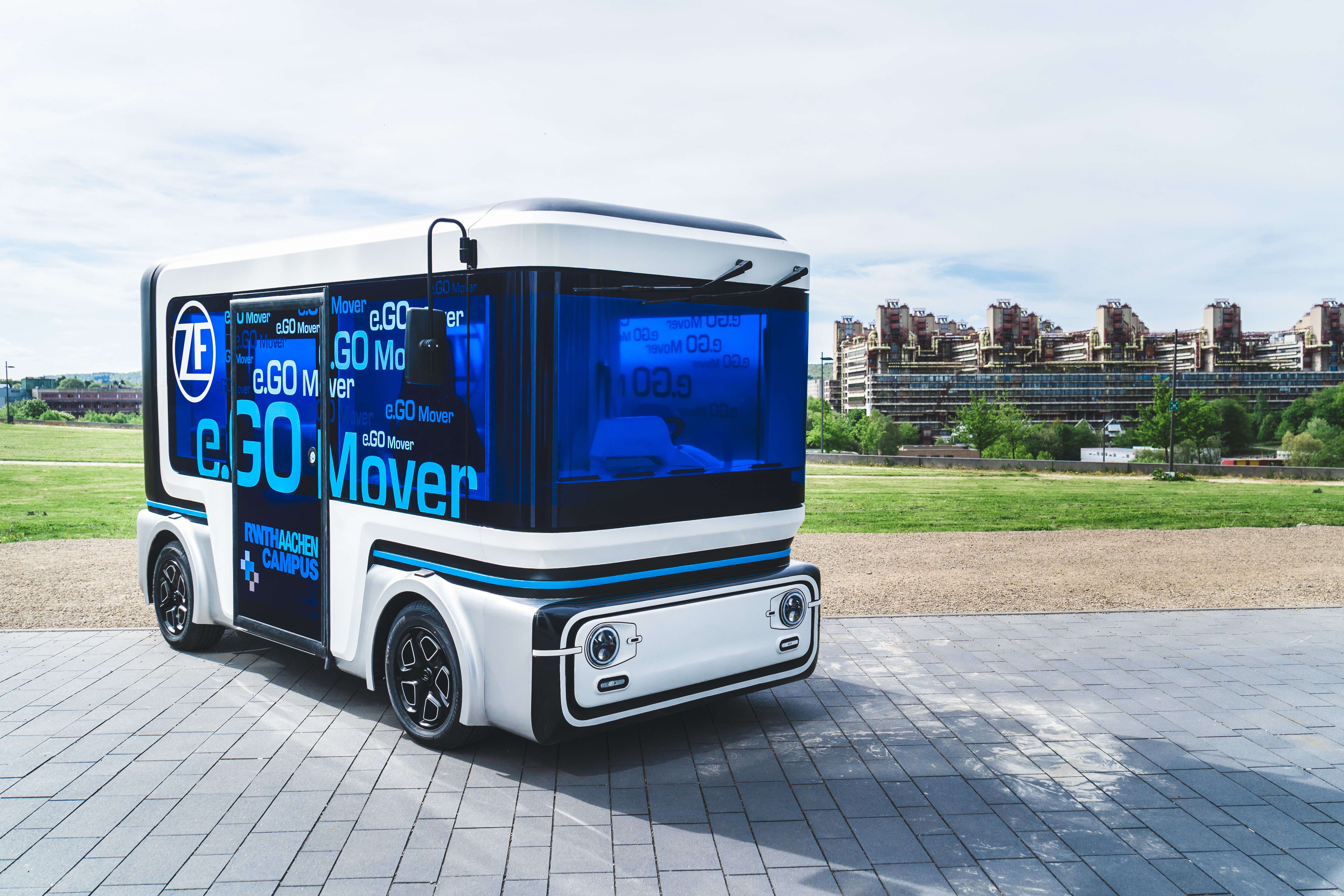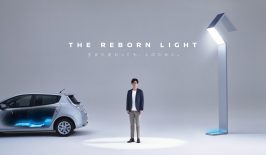Diesel spewing public transportation has long been in the crosshairs of environmentalists and urban planners looking to clean up the air in our major cities and towns. As such, mass transit is often cited as one of the sectors which could best benefit from the addition of electric vehicles – and technological development in general.
This issue was brought into stark focus by the 2015 diesel scandal in Germany, resulting in some German cities introducing bans on diesel engines – including in buses – in an attempt to improve air quality. Other countries are also following suit. China, much like with its solar panel boom, has started investing in cheap e-vehicle solutions to its chronic air pollution issues, and London aims to build Europe’s largest e-bus fleet – including its iconic double deckers – in 2019.
For the most part, these e-buses look and function very similarly to the traditional models, however there is one company looking to completely revolutionise the mass transit market, not only by creating an electric bus, but by also creating one that functions on demand and without a driver.
e.GO is a relatively new company that was founded in 2015 as a spin-off from the RWTH Aachen University (Rheinisch-Westfälische Technische Hochschule Aachen) which specialises in the development of electric vehicles. They have developed the “Mover”, a bus of the future which not only looks non-traditional, but operates non-traditionally too. The Mover is not a large bus, in the normal sense, but a smaller vehicle – no larger than a limousine – which can accommodate 15 people a time. At the moment, it is intended more as a shuttle service, which can be requested flexibly via app and is not restricted to certain timetables. All of this is already rather revolutionary, but it’s biggest innovation is even more ambitious: the Mover is a self-driving bus – at least in theory.
Self-driving vehicles still sound like the stuff of the future, but the technology has been increasingly tested – often not entirely successfully – across the world, especially in the USA. The Mover’s driving system comes from the ZF technology group, which is also part of the e.Go joint venture and headed up by CEO Wolf-Henning Scheider. Unlike some of his contemporaries, Scheider isn’t quite willing to usher in the driverless car age just yet, although he accepts it might function best in certain environments to start with, stating:
“We expect that automated driving will prevail first on factory and logistics sites, in port areas, or in agriculture.”
Nevertheless, the e.GO Mover looks set to be part of the mobility concept for cities in the future – and is making great strides in this direction, with e.GO planning to start series production as early as 2019. There are already interested parties. The German city of Aachen plans to test the minibus on the roads in a pilot project starting at the end of 2019. While the city of Iserlohn hopes to test the autonomous bus on the route from the railway station to the university of applied sciences. Currently, the Mover is not entirely self-driving and is classed as a level 4 autonomous vehicle – this means that there is still a driver on board to take over the controls in an emergency, but for the most part the vehicle controls itself.
This is a translation by Mark Newton of an original article which first appeared on RESET’s German-language site.






